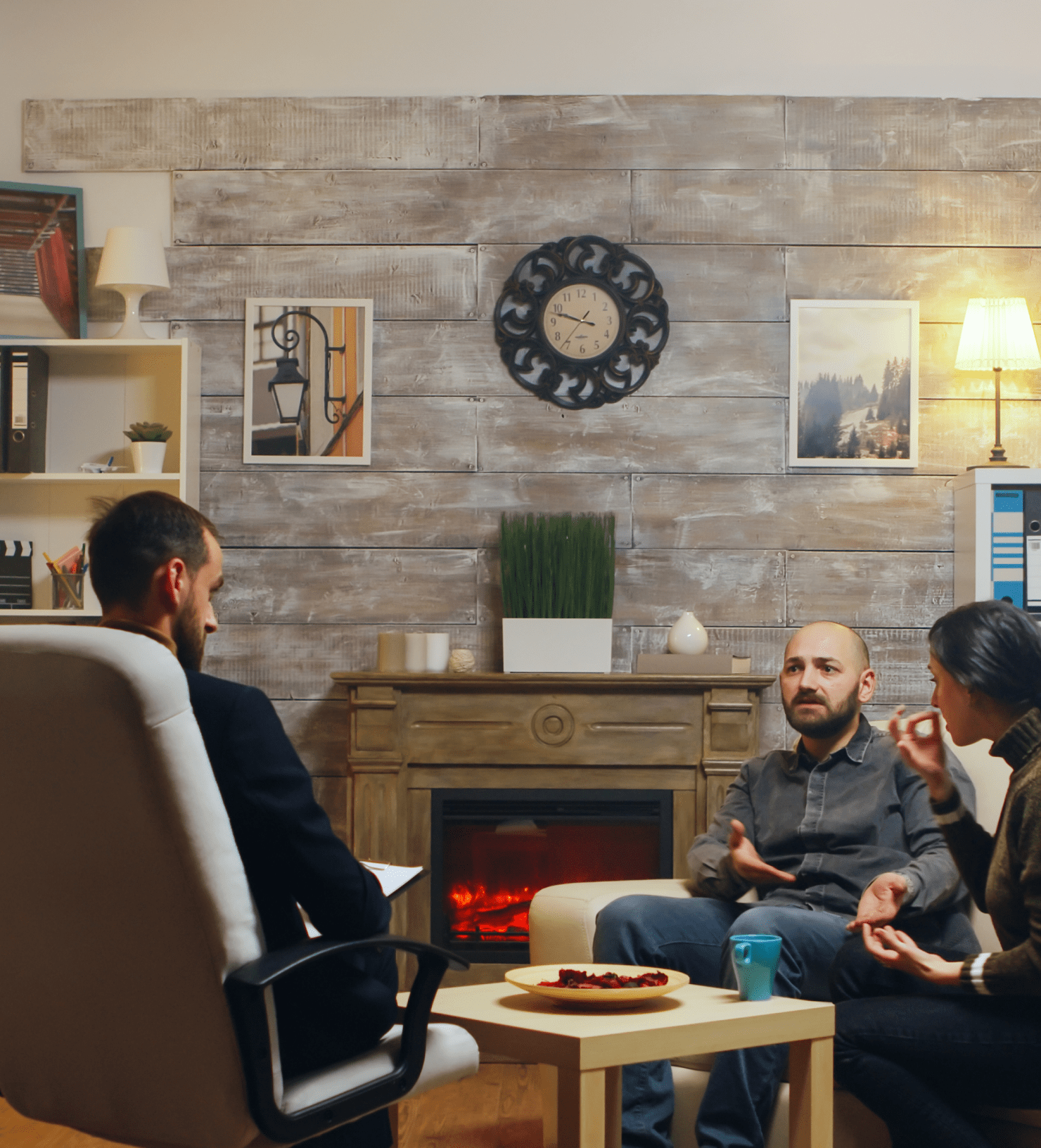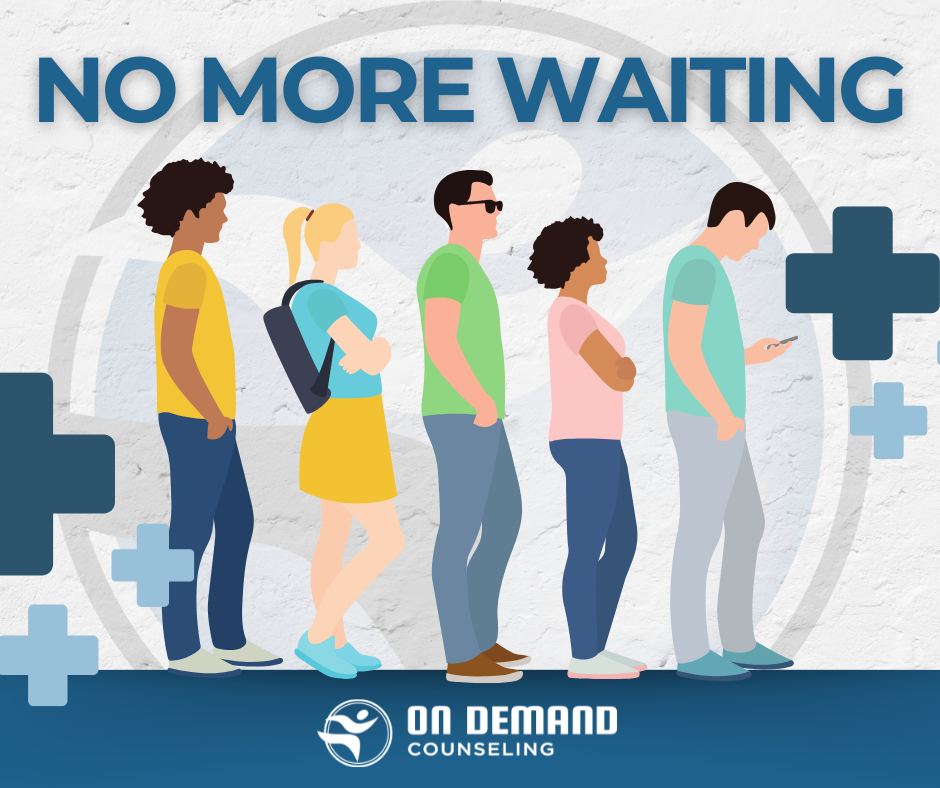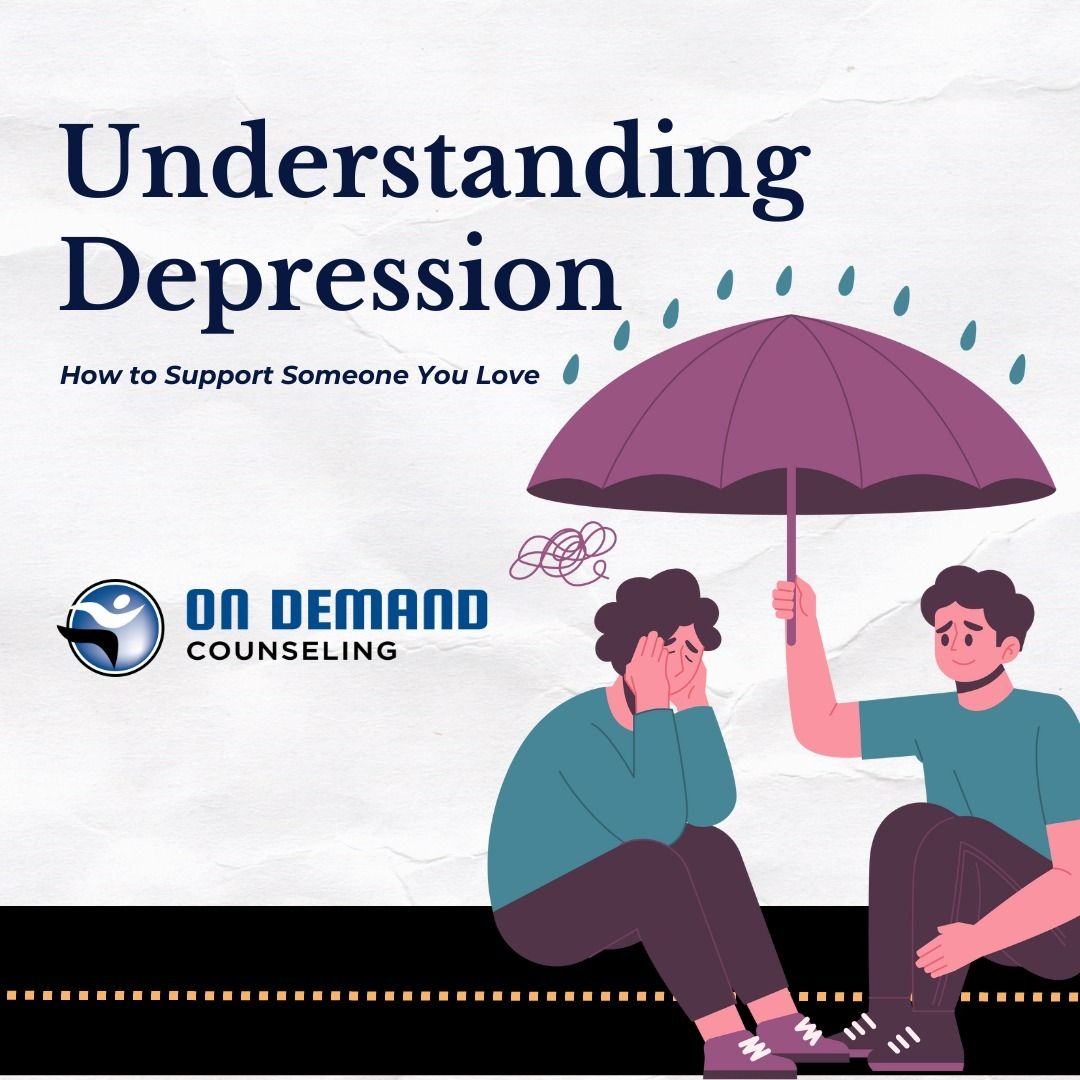Codependency and How It Relates to Addiction
 It’s perfectly natural to feel a strong desire to help someone you love if they find themselves in trouble with drugs and alcohol. However, when healthy boundaries aren’t clearly established, compassion can turn into codependency. No matter what’s going on with someone else, it’s integral that you put your own needs before those of others. Many parents and partners of people suffering from addiction become dependent on trying to save their loved one, which is called codependency.
It’s perfectly natural to feel a strong desire to help someone you love if they find themselves in trouble with drugs and alcohol. However, when healthy boundaries aren’t clearly established, compassion can turn into codependency. No matter what’s going on with someone else, it’s integral that you put your own needs before those of others. Many parents and partners of people suffering from addiction become dependent on trying to save their loved one, which is called codependency.
While the intentions of the person who becomes codependent are rooted in love, this situation tends to make life worse for everyone involved. Someone who is suffering from a substance use disorder needs an intervention to urge them to seek professional substance abuse counseling help.
Loved ones should encourage this while putting their own needs first and not getting caught up in arguments, ultimatums or other negative patterns of behavior.
Questions to Ask to Establish If Your Relationship Is Codependent
- Do you feel responsible for your loved one?
- Do you avoid voicing your concerns to your family member?
- Are you under the impression your loved one wouldn’t be able to cope without you?
- Do you lose interest in your own life when you’re with them?
- Does being without a partner leave you feeling worthless?
What Causes Codependency?
Copdendency was first identified as a condition in the 1950s by psychotherapists treating people suffering from alcoholism and their families. These academics noticed a pattern in which partners and spouses were inadvertently reinforcing their loved one’s addictive behavior.
The main contributing factor to the development of codependency is being part of a dysfunctional family as a child or an adult. If you had difficult or traumatic experiences with your parents or guardians when growing up, you’re more likely to react to the addiction of a loved one in an unhealthy way. A history of addiction, abuse and mental illness are other risk factors.
Dysfunctional Families
A dysfunctional family is one in which the members experience pain, shame, fear or anger that is ignored or denied. Boundaries are inconsistent or nonexistent, and communication is often at the root of the problem. Dysfunctional families struggle to acknowledge or talk about issues that arise. This leads to repression, disregard for your own needs and often, the buildup of resentment. Unable to face up to their own feelings, the codependent immerses themselves in the other person.
Typical Behaviors of Codependent People
If you’re worried that you or someone you care about may be displaying these kinds of behaviors, rest assured that it is treatable. A family counselor can help you establish healthy boundaries and learn to communicate in a positive, healthy way.
- Low self-esteem, typified by frequent self-deprecation and the expression of shame
- Excusing or lying about the behavior of your addiction loved one
- Struggling to identify your hobbies and interests
- Difficulty saying no or quickly submitting to other people’s will
- Experiencing guilt when you do something without your loved one
- Obsessively thinking about or trying to second-guess the feelings of your family member
- Taking responsibility for the actions of your loved one
- Constantly seeking approval from your family member
- Swinging between feelings of intense love and negative emotions such as anger or sadness
- Making ultimatums you know you’re not going to uphold
We Can Help You
If you can identify with codependency, or you’re worried about someone who does, counseling sessions at On Demand Counseling can help you. Call our friendly experts today at 330-270-8610.
Quick Links

Contact Us
We’re here to assist you. Contact our dedicated support team for any inquiries or assistance you may need.






